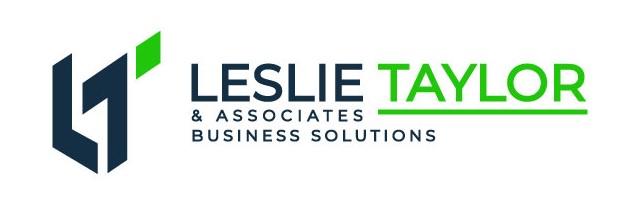If you are anything like me, you want better for your business no matter where you are currently in your business. That means you will need to change something.
If you always do what you’ve always done, you’ll always get what you’ve always got.
– Henry Ford
But, sometimes, change is forced on us. Once COVID-19 hit, we were all forced to change our lives in one way or another to adapt to living while in a global pandemic. From cooking more meals at home to shopping online, some things came easier to us than others. Arguably, for entrepreneurs, the biggest stressors when it comes to changes are those that affect our businesses.
Certain changes in your business can feel scary especially those in uncharted territory. The good news is that every successful business owner must change something in their business at some point, whether they’d like to or not. While this can cause stress or annoyance, change is all part of the learning experience of being a business owner and the path to uncovering what works and what doesn’t.
Need help adapting to changes in your business? Take a deep breath and reassess. Read the tips below for a few
- Don’t stress about stress
The first thing to remember in stressful situations is this is normal and is a part of the process. And, that “this too shall pass.” Yes, it is a bit cliché, but it is also true. A year from now this issue will likely be a non-issue. Even if the issue is still around in a year, to move forward and through this time, the best thing you can do is to not let it consume you and get out of hand.
There are many times in our lives, especially in regards to work, where we will find ourselves having to adapt to something we didn’t ask for. Whether it’s having to take on a new role or trying to figure out how to make the money “work,” there are resources available to help you through it.
Personally, meditation, prayer, and working out help me deal with stress. I started meditating during the pandemic. As well, taking walks alone also helps me. If none of these work for you, find what does so you can get about the business of clearing your mind enough to design the best plan of action forward.
- See change as a new opportunity
There’s nothing worse than getting caught off guard. However, it’s important to remember every situation is what you make it.
“If you don’t like something, change it. If you can’t change it, change your attitude.”
– Maya Angelou
Change in a business can be scary – whether it’s losing an employee or a client, no matter what the circumstances are, looking at it as a new learning experience can make all the difference.
While it may not be as glamorous as you hope, filling in for a different role temporarily as you plan for a replacement employee can bring a whole new perspective to your business mindset. It may even help you think of improvements that can be made to that role or to your business!
Additionally, doing a postmortem (where you assess an event after the fact) after a “failed” project or lost client may uncover gaps and vulnerabilities that can make your business stronger once you correct them. Implementing new systems, processes, and even new team members can be a positive thing. While the initial change may seem stressful for you and the rest of the business, once you adapt, you may have a different outlook on everything.
- Focus on what you can control
A good way to eliminate stress is to focus on the aspects of your business that you can control. While you can’t control all things, you do have control over many things.
Having that sense of control can give you the reassurance you need so you begin to move through the world with a sense that you can handle whatever is coming your way.
This may even be a good time for you to identify the things you no longer want to control and can delegate. Delegating tasks can take some of the stress off your plate as you learn to adapt and grow in your business.
- Make sure the changes align with your core values
If you are looking to make a change in your business due to your own personal preference and not due to forces outside of your control, always be sure to check if they align with your core values. For example, if you started your business with the idea of being environmentally friendly, you may want to ensure any new changes support that value instead of opposing it. As well if you wanted more flexibility in your lifestyle to accommodate family you might not want to take on projects that require you to travel 80% of the time.
This is also important for your business in the sense of your employees and the public. Not staying true to your core values can cause confusion and disappointment among both groups. While every company is bound to go through changes, making sure they’re right for your company, as well as you personally, is an important part of the process.
- Stay close to colleagues/employees
The best way to navigate through change is to not do it alone. Maintaining close relationships with those you work with is a great way to lessen the stress and ensure you’re handling everything as best as you can. I can’t emphasize enough how important employees can be in helping identify the best solution to a problem.
This may also give you insight on who’s willing to help in what capacity. Business owners will often think they have to do everything on their own without realizing more help is available to them. Coaches, mastermind groups, affinity groups, industry groups and associations, and family can all help support you through change.
Need help with changes to your business? I’m here for you. As a business solutions expert, I have helped dozens of businesses untangle complex issues and clarify a path to greater profitability and less confusion. Let’s schedule a Discovery Session to start the conversation.
If you enjoyed this content and want more of the same, check out my free guide Do This, Not That: 5 Things Keeping Your Business From Reaching Its Fullest Potential where I discuss common barriers to profitability that I observe among most small businesses.

